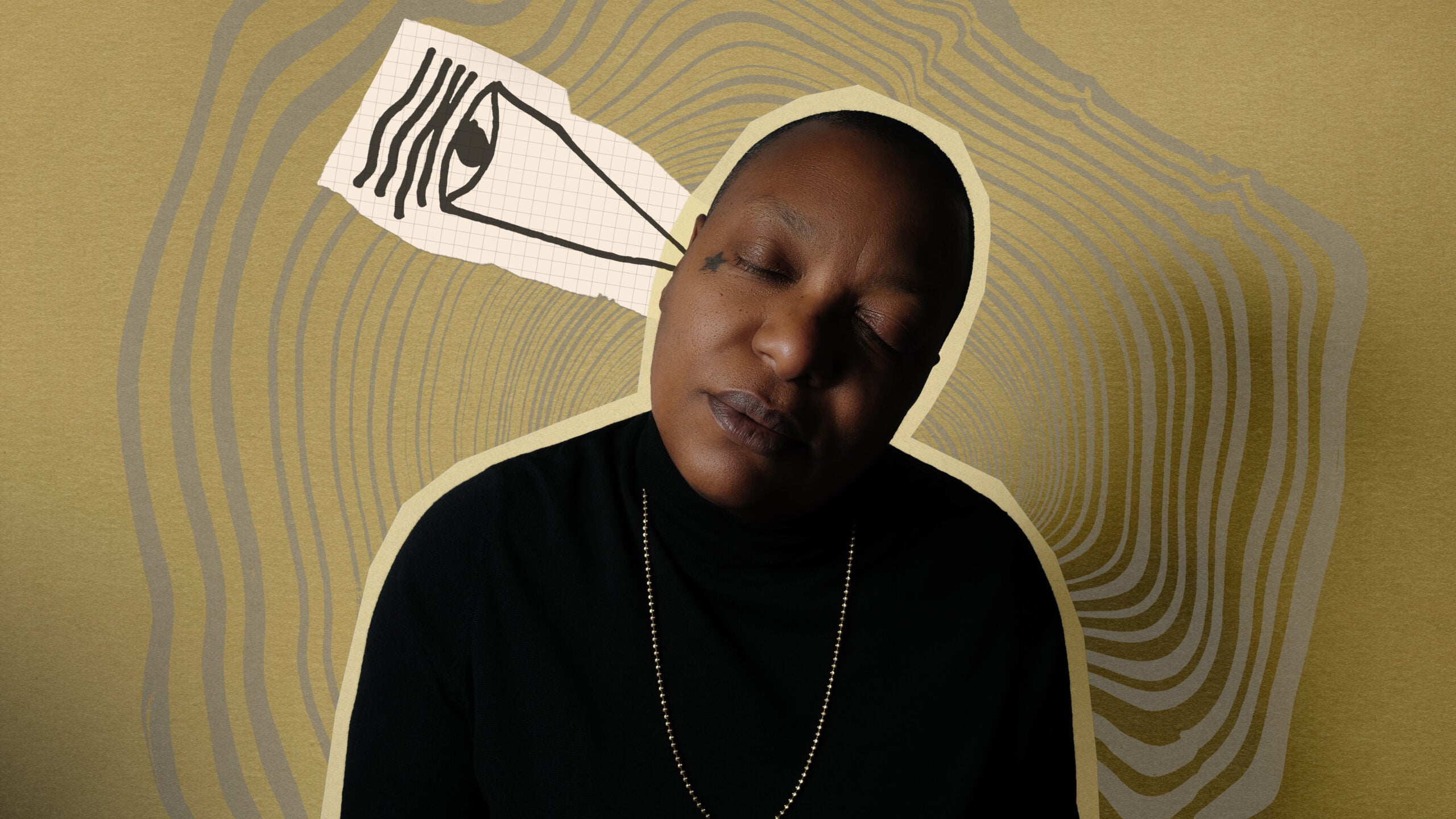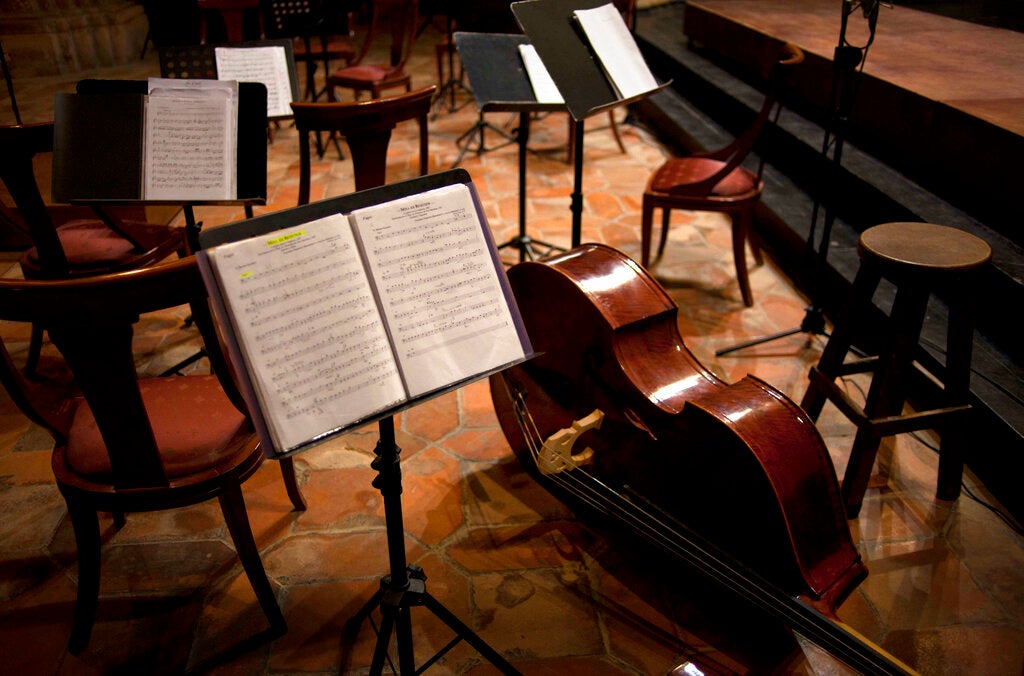Composer and critic Johann Friedrich Reichardt attended one of the most important concerts in music history, but he didn’t know it at the time. A few days later he wrote about an all-Beethoven concert in Vienna on the evening of December 22th, 1808:
“In that freezing cold theater we stuck it out from 6:30 to 10:30 and found out again that it’s easy to have too much of a good thing–not to mention a powerful thing.
“The box of his host, Prince Lobkowitz was quite close to the stage, where Beethoven was conducting the orchestra, and neither Reichardt nor the prince nor I felt comfortable leaving before the concert was over, even though many a bad performance tested their patience.”
Stay informed on the latest news
Sign up for WPR’s email newsletter.
After the Pastoral Symphony, a singer performing the aria ‘Ah Perfido!’ seemed to shiver rather than sing, not surprisingly to Reichardt since he and the prince were shaking with cold, wrapped in furs in their closed-up box. According to Reichardt, a Gloria from the Mass in C, came off badly. For him the highlight was the Fourth Piano Concerto. Beethoven himself was the soloist and played with dazzling speed. During the Adagio, which Reichardt described as a masterpiece of beautiful, continuous melody, Beethoven made the piano sing out with a deep, overwhelming melancholy.
Reichardt described what followed as “huge, complicated, and overlong.” It was Beethoven’s Fifth Symphony. The Sanctus from the Mass in C followed, also badly performed. Then Beethoven played a long fantasy, and finally there was, as Reichardt saw it, another disastrous performance — the Choral Fantasy, during which “the orchestra dissolved into such confusion that Beethoven, roused by the creative flame, forgot all about the audience and shouted, ‘Stop there and take it from the beginning!’” The fiasco made Reichardt so embarrassed for Beethoven that he regretted not leaving earlier.
The power of Beethoven was more than a distracted audience could absorb on that cold night of December 22nd, 1808.
Wisconsin Public Radio, © Copyright 2024, Board of Regents of the University of Wisconsin System and Wisconsin Educational Communications Board.


